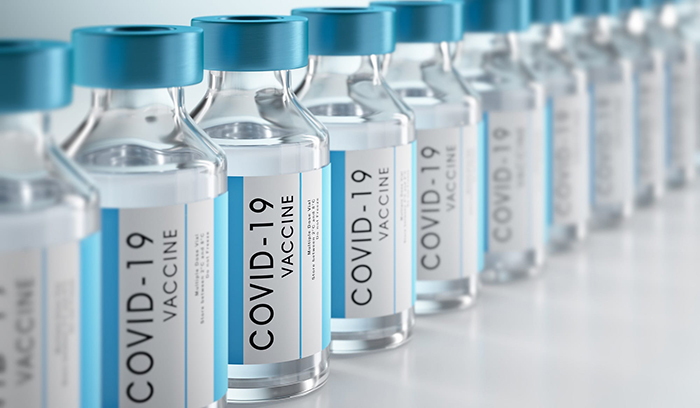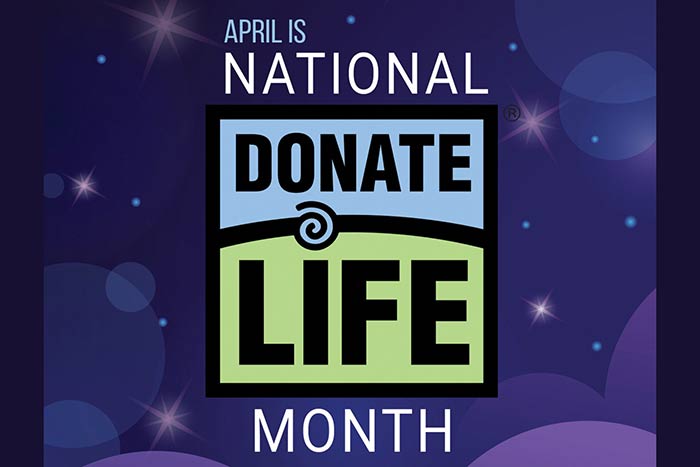How Telehealth Can Help You: A Message from the Emory Transplant Center
What is Telehealth?
Through a service called Emory Connected Care, patients are able to consult with Emory Healthcare providers through the use of digital information and communication technologies, such as a computer, tablet or smartphone, all in the comfort of their own home.
Historically, Emory was an early adopter and leader in the telehealth field, beginning with the eICU program established in 2014 and a tele-nephrology program that began in 2017. As of late, our telehealth efforts have increased dramatically due to COVID-19.
Recent regulatory changes at the federal and state levels in response to COVID-19 have removed barriers that have prevented clinicians from performing telehealth visits in the past. Now clinicians can see and treat patients in their homes, by using HIPAA-compliant audio/video technology such as Zoom or FaceTime, and prescribe medications remotely.
Telehealth at Emory Transplant Center
We began offering virtual visits through telehealth on March 15 – just four days after the World Health Organization declared COVID-19 to be a pandemic. Today, all of Emory’s organ transplant programs provide virtual visits. In fact, since March, our providers have conducted more than 4,500 telehealth visits, compared to about 1,500 in-person visits. Patients like telehealth so much that we are planning to keep it as an option even after the COVID-19 pandemic ends.
“Telemedicine has provided the platform we need to safely continue managing our transplant patients while keeping access open for new patients seeking transplant evaluation,” says Ravi Vora, MD, a liver transplant hepatologist. “The positive feedback from both providers and patients has created a momentum to ensure telemedicine continues to be a part of our care delivery model moving forward.”
Nationally recognized transplant care
At Emory Transplant, we’re here to guide every step of the way, with transplant care that’s built around your needs and your life. Learn about our transplant programs or call 855-366-7989.
Your Telehealth Appointment at Emory Transplant Center
We hope you’ll consider using telehealth, whether you are waiting for a new organ, recovering from transplant surgery or preparing to be a living organ donor. While telehealth isn’t an option for every patient and every appointment, your care team will let you know when an upcoming visit can happen using telemedicine. The team will base its decision on several factors, including:
- Whether you are a new or current patient
- How urgent your need is
- The type of concern you have
- The availability between you and your provider
Emory Transplant Center offers telehealth through a program called Emory Connected Care, a more secure version of Zoom’s video conferencing products. It is easy to use, safe, secure and HIPAA compliant. When you have a telehealth visit, you will need a cell phone, personal computer or tablet that has a camera feature. Our team can help you get everything set up and answer any questions you have.
Learn how to prepare for an Emory Connected Care telehealth appointment.
“Telemedicine allows the Emory Transplant Center team to seamlessly care for patients by bringing appointments directly to their computers, tablets and smartphones,” says Sudha Tata, MD, a kidney transplant nephrologist. “It’s just one more way we are taking extraordinary steps to maintain the top standards of care for patients who depend on us.”
“Telemedicine allows the Emory Transplant Center team to seamlessly care for patients by bringing appointments directly to their computers, tablets and smartphones,"
Additional Information
Nationally recognized transplant care
About Emory Transplant
As the third largest transplant program in the nation, Emory Transplant is relentlessly focused on smarter care and better outcomes — pioneering therapies and possibilities for our patients.
With more than 13,000 transplants performed to date, our team combines advanced expertise with meaningful connections, listening to your needs and helping you get back to the life you love. We are home to the largest kidney transplant program in the nation, and provide the latest innovation in heart, liver, lung and pancreas transplant surgeries.
Related Posts
-
 Emory Transplant Center answers questions and provides information about the COVID-19 vaccine and vaccination for our transplant patients.
Emory Transplant Center answers questions and provides information about the COVID-19 vaccine and vaccination for our transplant patients. -
 Emory Transplant Center is taking extraordinary steps to maintain the highest level of safety for patients, their families and staff during COVID-19.
Emory Transplant Center is taking extraordinary steps to maintain the highest level of safety for patients, their families and staff during COVID-19. -
 Every 8 minutes, someone is added to the organ transplant waiting list in the United States, and more than 103,000 people are waiting for a donation.
Every 8 minutes, someone is added to the organ transplant waiting list in the United States, and more than 103,000 people are waiting for a donation.
Recent Posts
-
Feb 6, 2026
-
Jan 13, 2026
-
Jan 8, 2026
-
Jan 7, 2026
-
Jan 5, 2026
-
Dec 11, 2025

